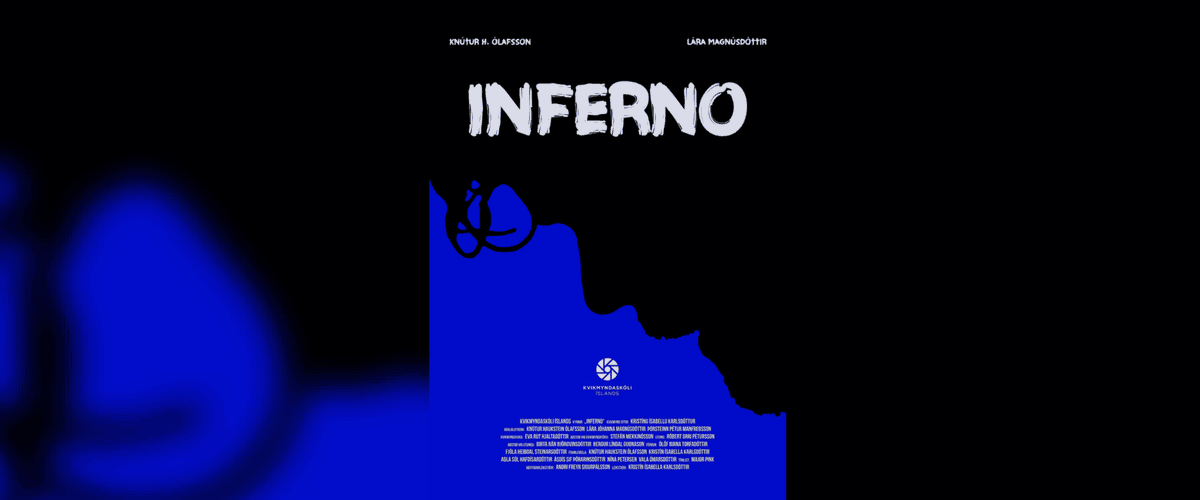
For the Ancient Greeks, Hell is a subterranean, dark place, populated with the souls of all the dead who mourn their fate in a general ghoulish symphony. For Christians, Hell is a hot place, where demonic spirits torment the sinners for eternity. For modern philosophers, Hell is other people. Well, for the director Kristín Ísabella Karlsdóttir, Hell is somewhat a combination of all three above-mentioned visions. More precisely, her short film, ‘INFERNO‘, is an intense, terrifying and obsessive cinematographic experiment depicting an infernal inner geography of an individual who, haunted by the demons of his own past, becomes his own executioner in this abyssal alternative reality. Far from being a modern Dantesque reinterpretation of hellish circles, ‘INFERNO’ is a hypnotic incursion into the tragic destiny of a man who re-experiences like an obsessive nightmare the loss of his own wife in a claustrophobic setting resembling Darren Aronofsky’s deliriums from ‘Requiem for a Dream’ and Taylor Hackford’s thrills from ‘The Devil’s Advocate’.
Defying the conventional patterns of a coherent and linear narrative thread, Kristín Ísabella Karlsdóttir’s project is a succession of short frames that work on the principles of infinite cyclicality in which the director compresses the tragic story of a man who, wandering through the hallways of a deserted building, desperately searches his wife. Waking up from a bathtub filled with water, like in a repetitive macabre baptism, the man starts looking for his partner, trying to face his fears. Eventually, he finds her, but his despair turns into anger, while he doesn’t understand why his wife protects with the hands her bleeding belly.
Without being a light or simplistic cinematic experiment, ‘INFERNO’ is nevertheless a short film alternating the horror / mystery tones with the emotional sequences of a drama, while exploring the traumatic nucleus of a couple obsessed with culpability. Even though the end of this visual product will not provide a definite response to the vindictive motivation of the protagonist, the aesthetic sense of the director is impossible to ignore. Thus, in addition to those surface narrative elements, Kristín Ísabella Karlsdóttir renders the destiny of her protagonist in a cold and percutaneous sensorial poetry that combines a gloomy but magnetic chromatic, like a painting of Gericault or Goya, with acoustic stridencies and visual shocks similar to Oliver de Sagazan’s performances. Beyond all these more or less technical aspects, it is difficult to say whether the director’s main purpose is to draw a philosophy around concepts such as guilt, sin, or atonement, but even without some extraliterary or extra-artistic references, perhaps the essential message of this dazzling cinematic project is that everybody carries in their soul not only their own inferno, but also their own salvation.
TMFF RATING:











